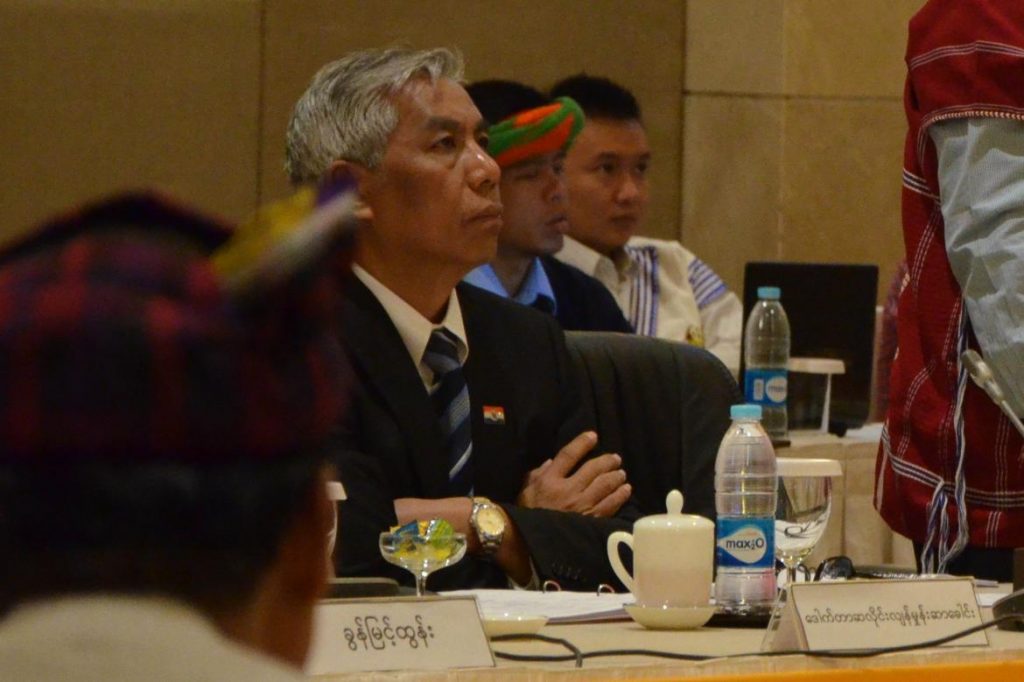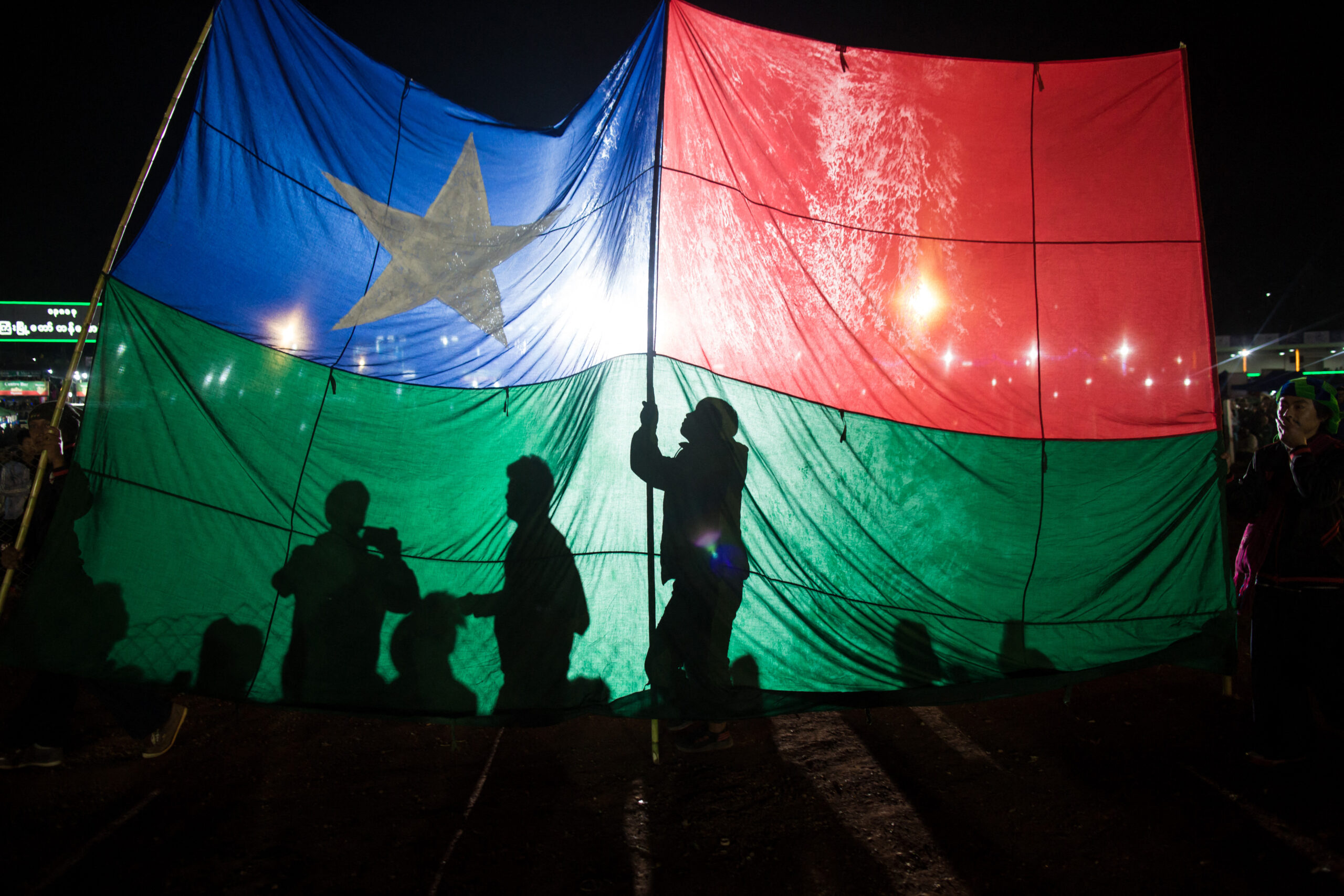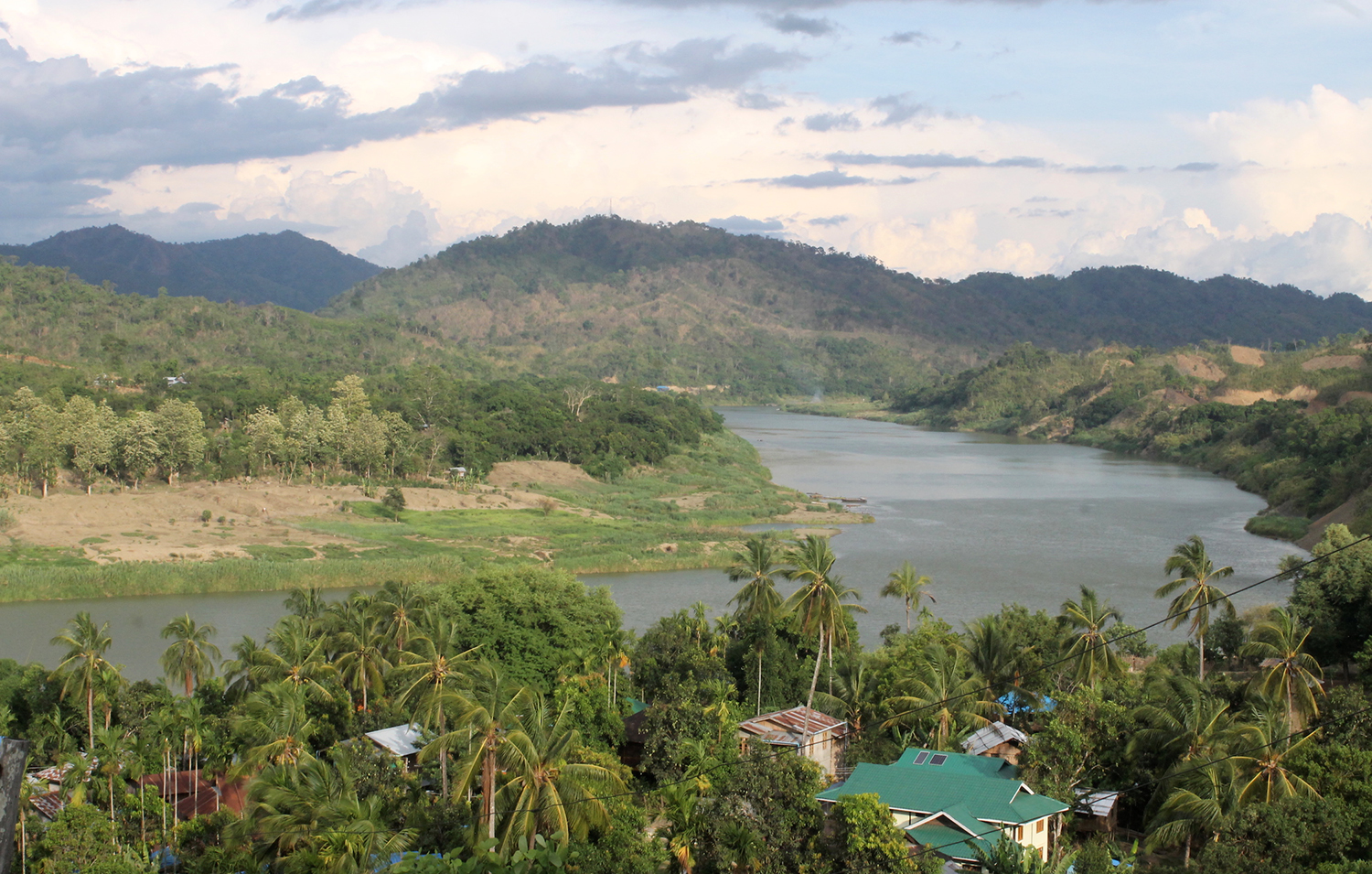By NYAN HLAING LYNN | FRONTIER
NAY PYI TAW — One of the signatories to the Nationwide Ceasefire Agreement, the Chin National Front, has threatened to boycott this month’s Panglong conference.
CNF vice president Dr Salai Lian Hmung Sakhong said the group was unhappy that the government had failed to organise a political dialogue meeting in Chin State ahead of the second 21st Century Panglong Union Peace Conference, which will begin in Nay Pyi Taw on February 28.
“If a national-level political dialogue [meeting] cannot be held in Chin State, we will have to consider whether we will attend the coming Union Peace Conference,” he told Frontier on Monday.
He made the comments shortly after the Union Peace Dialogue Joint Committee decided at a meeting in Nay Pyi Taw that it was not possible to hold the dialogue meeting in Chin State or Rakhine State before February 28.
Support more independent journalism like this. Sign up to be a Frontier member.
The UPDJC comprises representatives of the government, military, parliament, political parties and the eight armed groups that signed the nationwide ceasefire in October 2015.
Salai Lian Hmung Sakhong said the government was dragging its feet on the political dialogue meeting in Chin State and unfairly blaming the CNF.
“Our side is ready but the Chin State government told us that they haven’t received any directive from the central government about [the dialogue meeting]. At the UPDJC meeting held [on February 6], they made a decision that our side had not been ready.”
The UPDJC meeting did agree to hold national-level political dialogue meetings in the Pa-O Self-administered Zone, territory controlled by Restoration Council of Shan State/Shan State Army-South, and Taungoo in Bago Region. Meetings already took place in Tanintharyi Region and Kayin State last month.
The political dialogue meetings are being held in ceasefire areas to gather input on the peace process that can inform participants’ decisions at the Panglong peace conference later this month.
U Zaw Htay, deputy director general of the President’s Office, said that it was up to the UPDJC to decide where it is possible to hold the political dialogue meetings prior to the next Panglong conference.
“We don’t mean Chin and Rakhine are not allowed to hold national-level political dialogue at all,” he said. “But in light of not only the security and political situations in these states but also the fact that they can’t be finished before the [Panglong] conference, these states have not been allowed to hold [political dialogue] for the time being.”
But Salai Lian Hmung Sakhong rejected the government’s reasons. Political parties, CSOs and the Chin State government have been preparing since October to hold the meeting, he added.
“What’s the real reason why it hasn’t been held yet? In fact we’re ready. In terms of the security situation, there has not been a single battle between the CNF and Tatmadaw,” he said.
“The [Panglong] conference will make very important decisions on the future of our people. What shall we propose at the conference without consulting with our people and without holding national level political dialogues? For us, the national-level political dialogue is as important as life or death.”
The delays in Rakhine State have also upset some ethnic Rakhine political leaders, who warned they will also consider boycotting.
Dr Aye Maung, chairman of the Arakan National Party, told Frontier that the government had been delaying holding the political dialogue meeting.
“We will decide at our central executive committee meeting whether or not we will attend the conference, as well as what we will discuss if we do attend,” he said.







